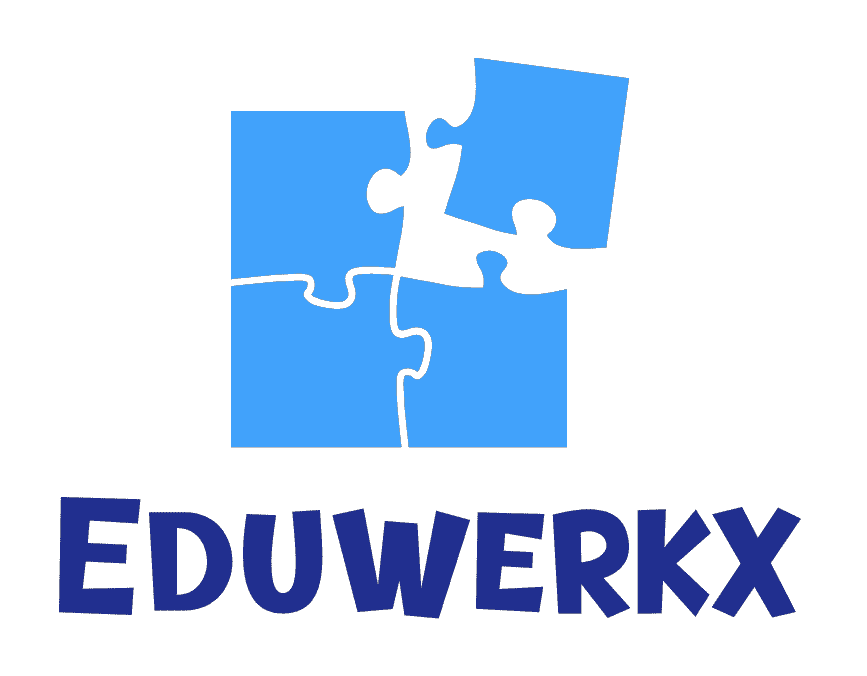In a world brimming with diverse cultures and beliefs, the lifelong learner finds themselves navigating a world of conflicting attitudes, simultaneously celebrated and rejected depending on the cultural lens through which they are seen. Driven by independent thought, open minds and resilience in overcoming challenges, cultures that value ability, hard work, and the freedom of expression are fertile ground for lifelong learners to flourish.
In a culture dominated by group think, where relationships and connections are the lifeblood, the qualities of a lifelong learner are often punished. Their strong sense of ownership and accountability often makes them scapegoats. Their perseverance and flexibility to problem solve, is often met with fierce resistance to protect the status quo, resulting in more problems rather than recognition.
Ironically, the very skills that drive their independence, adaptability and unique perspectives, are tragically seen as poor teamwork, rather than a valuable contribution for uncovering blind spots. Their ongoing efforts to the pursuit of mastery and continuous improvement is often overlooked, resulting in them being labeled as individual contributors and rewarded with more work, rather than being recognized for their high productivity and leadership potential.
This can feel like playing a game where you accomplished all the objectives, yet still fail because you don’t fit into the mold or because you offered contrarian viewpoints that made others feel defensive. When success depends more on networking into these established hierarchies and gaining favour over effort or skills, individuals may see less incentive to pursue lifelong learning. Individuals are typically motivated to pursue objectives that they believe will lead to positive outcomes for themselves.
In an environment where relationships outweigh hard work and skills, success is measured not by the value you bring, but by how effectively you can squeeze into the rigid box of societal expectations. Choosing to focus on fitting into the culture’s mold over getting punished for developing skills is an obvious decision. Furthermore, individuals who already benefit from their networks may lack the drive to engage in continuous learning, thereby inadvertently defining the standards of competence in society.
In this post, we will discuss why the love for learning is important for lifelong learning.
A Love for Learning
People have unique preferences regarding what engages them, influenced by personal interests, values and past experiences. While some learners may prefer traditional methods like textbooks or lectures, introverted individuals often find game-based learning more engaging. Similarly, movie lovers might prefer learning through videos, while sudoku lovers may prefer learning through puzzles.
People naturally gravitate towards learning methods that align with their brain’s inherent information processing tendencies. By selecting learning methods that resonate with these preferences, individuals are more likely to foster genuine engagement, optimize learning outcomes and create a positive association to learning.
Learning is not a one-size-fits-all experience, but rather an intimate, deeply personal journey that requires nurturing and thoughtful cultivation. The foundation for genuine love for learning is built upon positive emotional experiences that transform knowledge acquisition from a mundane task into an exciting exploration. When learning becomes associated with joy and personal fulfilment, it transcends mere academic pursuit and becomes a lifelong passion.
It’s difficult to cultivate a love for learning when individuals do not have a positive association to learning. Unfortunately, many students today perceive learning as a chore rather than a source of joy. If the mere thought of textbooks or assignments evokes feelings of stress, reluctance or frustration, developing lifelong learning remains an elusive dream.
#ParentingTips #TeenEducation #AcademicSupport #LearningChallenges #StudyTips #EducationMatters #TeenSupport #SchoolStruggles #EducationalGuidance #ParentingAdvice #Eduwerkx #AITutor #education #edtech #learning #ActiveEngagement #GuidedLearning
